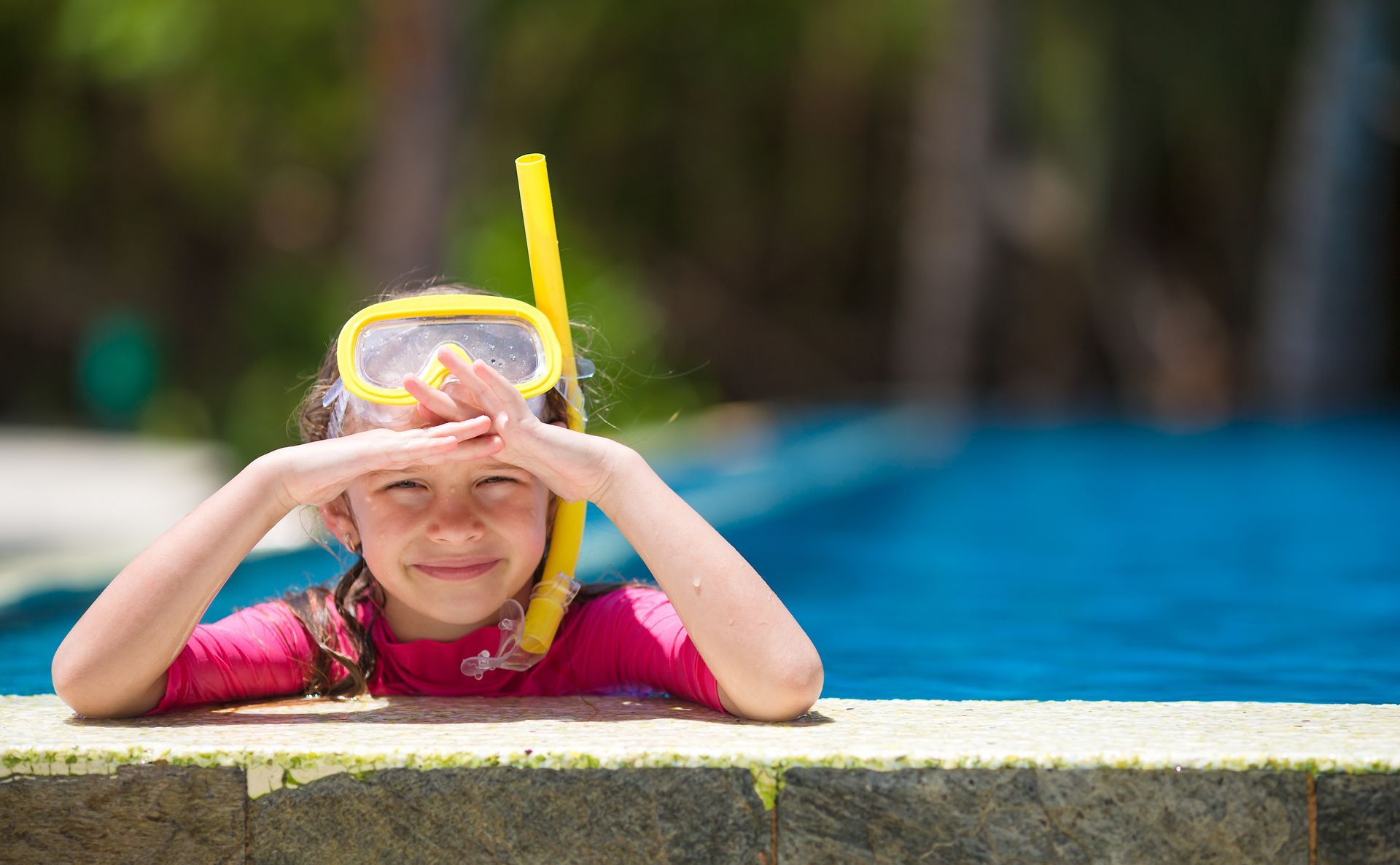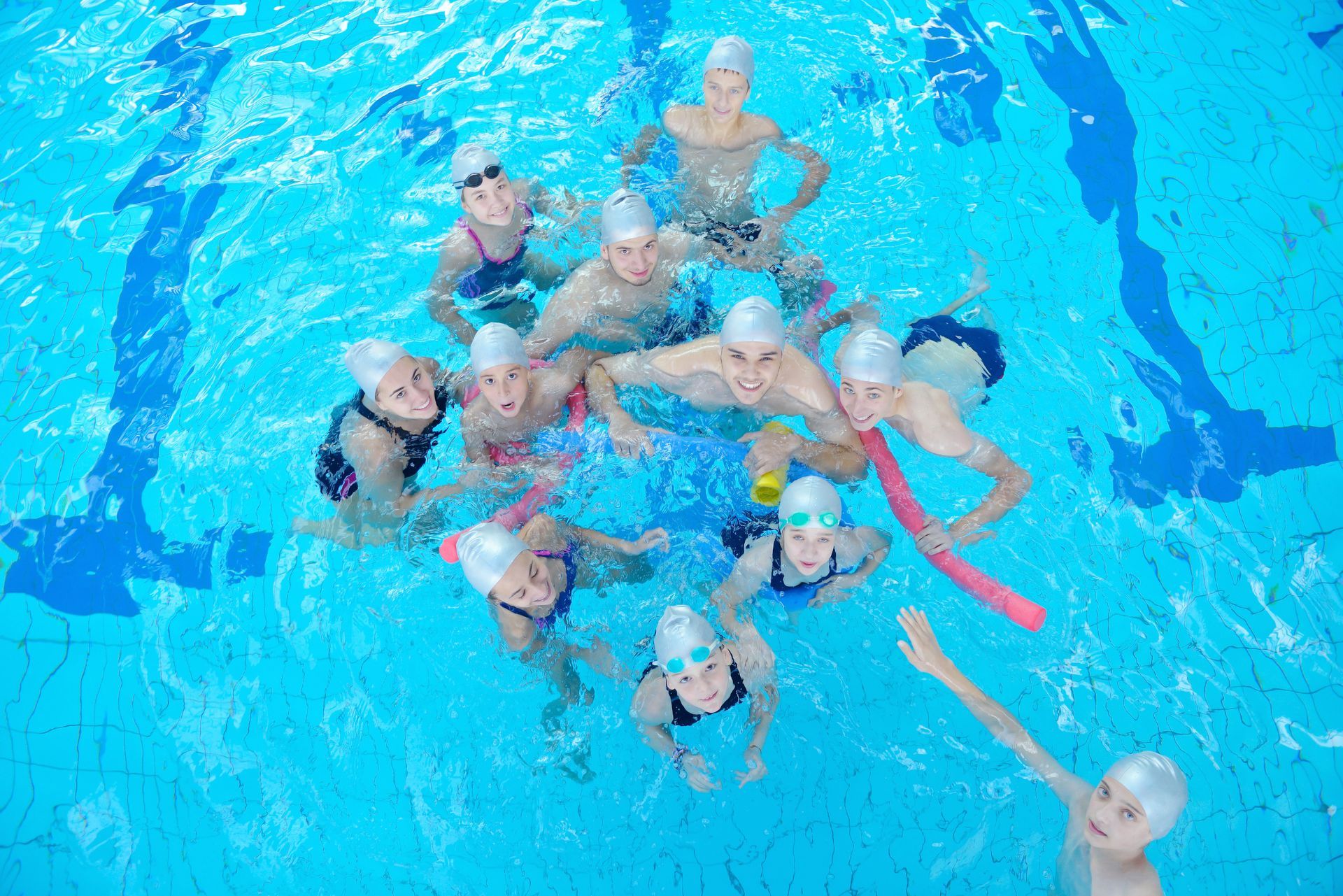Tips for How to Hold Your Breath Longer While Swimming

How and when to breathe is arguably the most important skill to learn when it comes to swimming. The timing and duration of your breaths impact the rhythm of your movement, which can affect your form and speed. We may take for granted the ease of breathing on land, but when it comes to putting our heads underwater, breathing correctly is no longer second nature—which is why many of us hold our breath. Use the tips below to learn how to hold your breath longer underwater while swimming, and when it’s okay to do so.
Can You Swim While You Hold Your Breath?
Sure, you can do a sort of doggy paddle with your head above water, or attempt to swim for a very short distance underwater while you hold your breath. However, this is by far the least effective form of swimming. On top of that, attempting to hold your breath for too long is dangerous, especially when underwater. Even strong swimmers can faint and drown without adequate oxygen intake.
The good news is that there are ways to increase your lung capacity so that you can go longer without taking a breath. Learning how to hold your breath longer while swimming will also help with proper breathing technique , so your swimming game will improve on multiple levels.
How to Hold Your Breath Longer
If you’re looking to strengthen your lungs and learn how to hold your breath longer underwater while swimming, here are some exercises you can do at home.
- Practice Holding Your Breath: Sit somewhere safe and comfortable and practice holding your breath for a few minutes each day, with a short rest between attempts. Make sure someone else is present in case you pass out and don’t overdo it. If you start to feel lightheaded, you’re done for the day.
- Meditation or Breathing Exercises: Listen to guided breathing exercises—there are multiple apps available—and follow along. Breathe in deeply and exhale slowly. When you exhale, it should take twice as long as when you inhale. Pay attention to each breath and count until it becomes more comfortable to breathe in this type of rhythm.
- Sing: Singing is a great way to practice increasing lung capacity. Challenge yourself to hold the notes as long and as steadily as the performer you are listening to, and try to choose difficult songs. Don’t be afraid to sing loud and put some energy into it. Bonus points for attempting Broadway belters!
- Exhale and Exercise: Practice regulating your breathing while you engage in cardiovascular activities by matching your breaths to your steps or other parts of the workout. Or try this move: Bend over from a standing position and take a deep breath in. Hold your breath for 20 seconds as you raise your arms above your head and return to standing up straight. Then slowly lower your arms to your sides as you exhale.
How to Hold Your Breath Longer Underwater While Swimming
Once you have become more comfortable with regulating your breathing on dry land, it’s time to put it into action underwater.
Quick breaths, referred to as hyperventilating, can cause you to blackout, so take a long, deep breath before submerging rather than several short ones.
As you reach the top of your inhalation, put your head underwater and slowly breathe out a constant stream of bubbles from your nose or mouth. Avoid holding your breath while you swim so you don’t inhale water or pass out.
One way you can test out your skills in the water is by relaxing when you exhale. Your body should sink as the air leaves your lungs. Kick back to the surface as soon as you finish exhaling.
Safety First
Swimming competitively can be a lot of fun, but holding your breath should never be a competition. Practice breath control and awareness instead, and if you feel the need to breathe, take a breath! Attempting to hold your breath for too long is risky and can even lead to death, especially when done in the water. Never swim, or practice breath regulation in the pool, without another person present.
Learn From the Experts
Improve your breathing technique and swimming skills even more with lessons from experienced teachers. Contact SwimJim with questions about how to hold your breath while swimming or to find a class in the Houston or New York City areas.
The post Tips for How to Hold Your Breath Longer While Swimming appeared first on Swim Jim.







